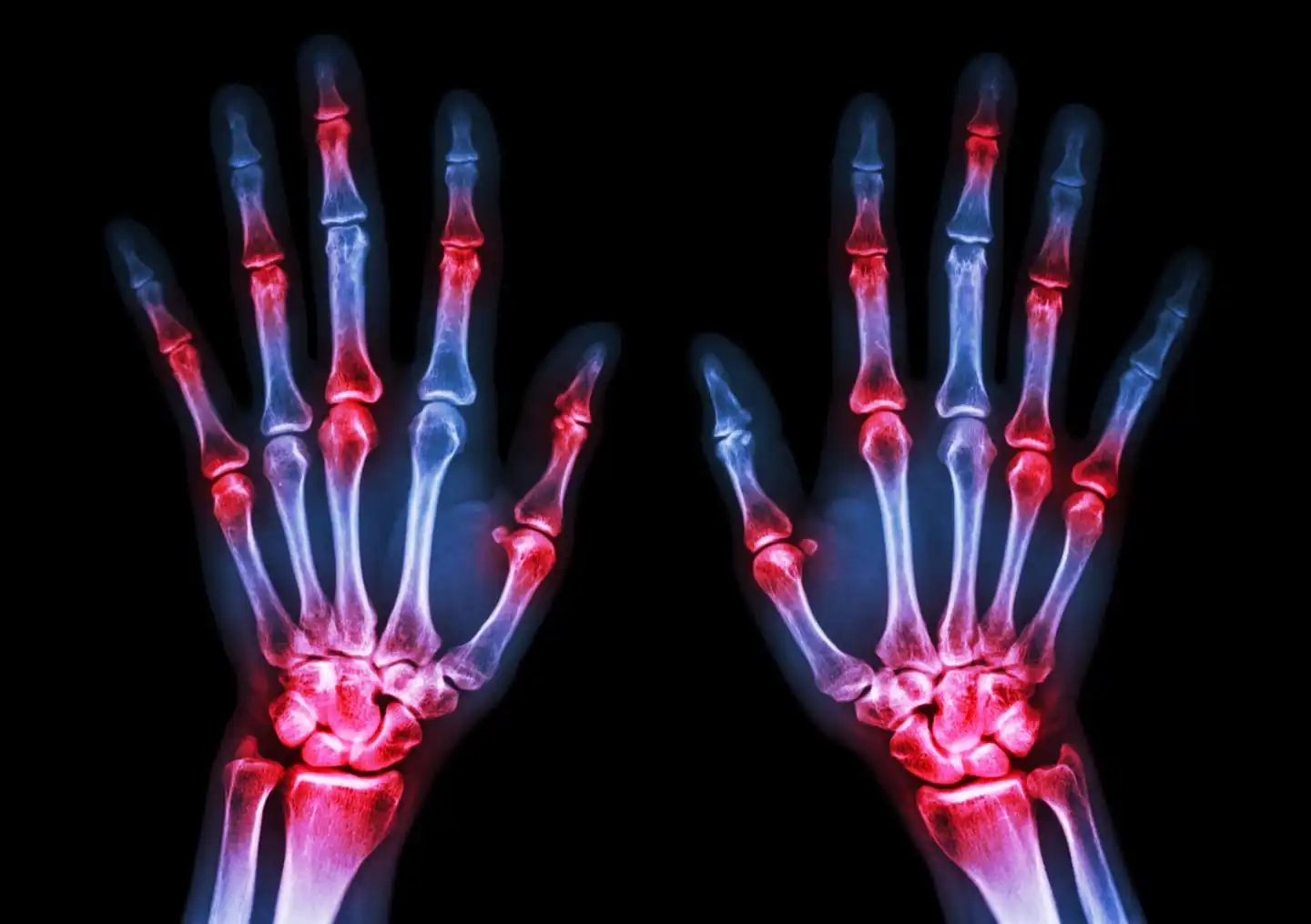Is Knuckle Cracking Bad for You? A Comprehensive Analysis:
Knuckle cracking has been a topic of debate for many years, with some claiming that it is harmful to the joints while others believe it is harmless. So, what is the truth? This article will examine the scientific evidence and comprehensively analyze the potential risks and benefits.
The Science of Knuckle Cracking
When you crack, you create a slight vacuum inside the joint. This vacuum pulls nitrogen gas into the joint, causing a small bubble to form. The bubble then collapses, creating the characteristic “cracking” sound.
The sound of knuckle cracking is caused by the rapid release of gas, which creates a sonic boom. This is similar to the sound produced when you pop a balloon. The bubble forms because the synovial fluid surrounding the joint acts as a lubricant and reduce friction. The pressure decreases when you stretch the joint, and gas is drawn into the joint.
The Potential Risks

One of its main concerns is that it may lead to arthritis. However, studies have shown no evidence that knuckle cracking causes arthritis. A study by the American Academy of Orthopaedic Surgeons found no connection between knuckle cracking and joint damage.
Another concern is that it may lead to weakened grip strength. However, this has also been debunked by research. A study published in the Journal of Hand Therapy found no significant difference in grip strength between those who crack their knuckles and those who do not.
The Potential Benefits
While the risks of it are minimal, there may be some potential benefits. For example, it may help to relieve joint stiffness and increase the range of motion. This is because the joint can move more freely after the vacuum has been created and the gas has been released.
Additionally, it may help to improve circulation. The cracking sound is created by the rapid release of gas, which can help to stimulate blood flow to the joint. This, in turn, can help to reduce inflammation and improve overall joint health.
Conclusion
In conclusion, knuckle cracking is not harmful to the joints and does not cause arthritis or weakened grip strength. While there may be some potential benefits, such as an increased range of motion and improved circulation, the risks are minimal. As such, knuckle cracking is safe for most people. If you are concerned about the potential risks, it is always best to speak with your doctor or a specialist in orthopedics.









